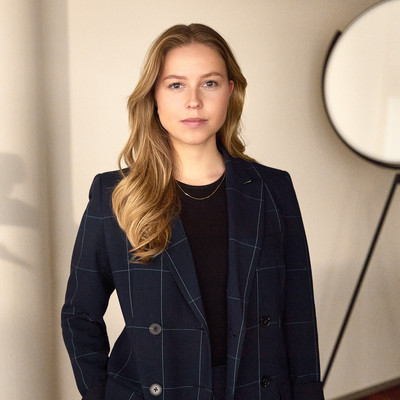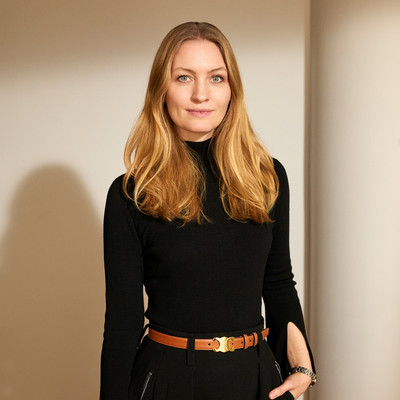The Consumer Ombudsman is focusing on hidden advertising on social media
The case briefly stated
Social media marketing is a dynamic legal area that the Consumer Ombudsman is constantly investigating and addressing. The Consumer Ombudsman conducted a survey last summer of a total of 37 so-called "influencers", which has now resulted in four police reports for acting against the rules on prohibited advertising. Consequently, ten "influencers" have been given an enforcement notice and eight have been informed about the legislation.
The rules on covert advertising mean, among other things, that posts from influencers and other traders on social media that is made for a money consideration or other remuneration in exchange for mentioning companies or companies' products on social media (such as Facebook, LinkedIn or Instagram) must have a clear labelling which shows that the posts are advertising.
In the investigation, the Consumer Ombudsman found that several influencers "tagged" or otherwise referred to companies without disclosing that the influencer has entered into a commercial agreement with the company (companies) that the influencer highlights in its social media postings.
In addition, several influencers have merely stated that the advertisement is in the first post or only on some of the social media where the advertisement is, but have failed to inform the readers in the subsequent posts or on other social media where the original notice was shared, which in itself constitutes a violation of the rules.
Clearly labelling of commercial intent is also corporate responsibility
As a trader who uses influencers for marketing purposes, it is important to note that it is not only the influencer's own responsibility that advertisements and other forms of commercial content on the social media posted by the influencer in agreement with a company is clearly labelled as advertising. The companies that employ influencers also have a responsibility to ensure compliance with the rules on advertising and marketing on social media.
Therefore, the influencer and the company must jointly ensure that social media posts intended to promote the company and its products are clearly labelled as "advertising" or "advertisement", using a clear terminology. Thus, it is not sufficient to label the post as "ad" or "sponsor", just as all sponsored posts must be labelled regardless of the social media in question or whether there is a sharing of a message from one media to another.
Lund Elmer Sandager comments
With these police reports, the Consumer Ombudsman sends a clear signal that both influencers and companies must ensure that the rules of the Danish Marketing Practices Act's on advertising are complied with, no matter which kind of marketing and which media, the companies or the influencer use.
Therefore, both influencers and the companies that use influencers in their marketing must make sure that clear guidelines have been agreed on as to how the influencer should promote the company and who is responsible for doing what before the collaboration starts.
Typically, it will be an aggravating circumstance if a post is focused on children and young people but does not adequately contain information about being advertising. Since influencers often act independently and without proper control, we recommend that companies in their agreements with influencers have clear guidelines on the sponsored content and that a clear distribution of responsibility has been agreed. Illegal marketing can have a significant negative impact on a company's brand and reputation.
At Lund Elmer Sandager we advise on agreements between companies and influencers. If you have questions about how you as an influencer or as a company navigate in accordance with the rules of the Danish Marketing Practices Act's on social media or other marketing law issues, you are welcome to contact our specialist Partner, Attorney Michael Møller Nielsen at mmn@les.dk / 33 300 262 or Attorney Anders Linde Reislev at alr@les.dk / 33 300 296.




